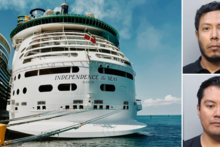If you're flying to your cruise from Florida, prepare for possible delays or cancellations.
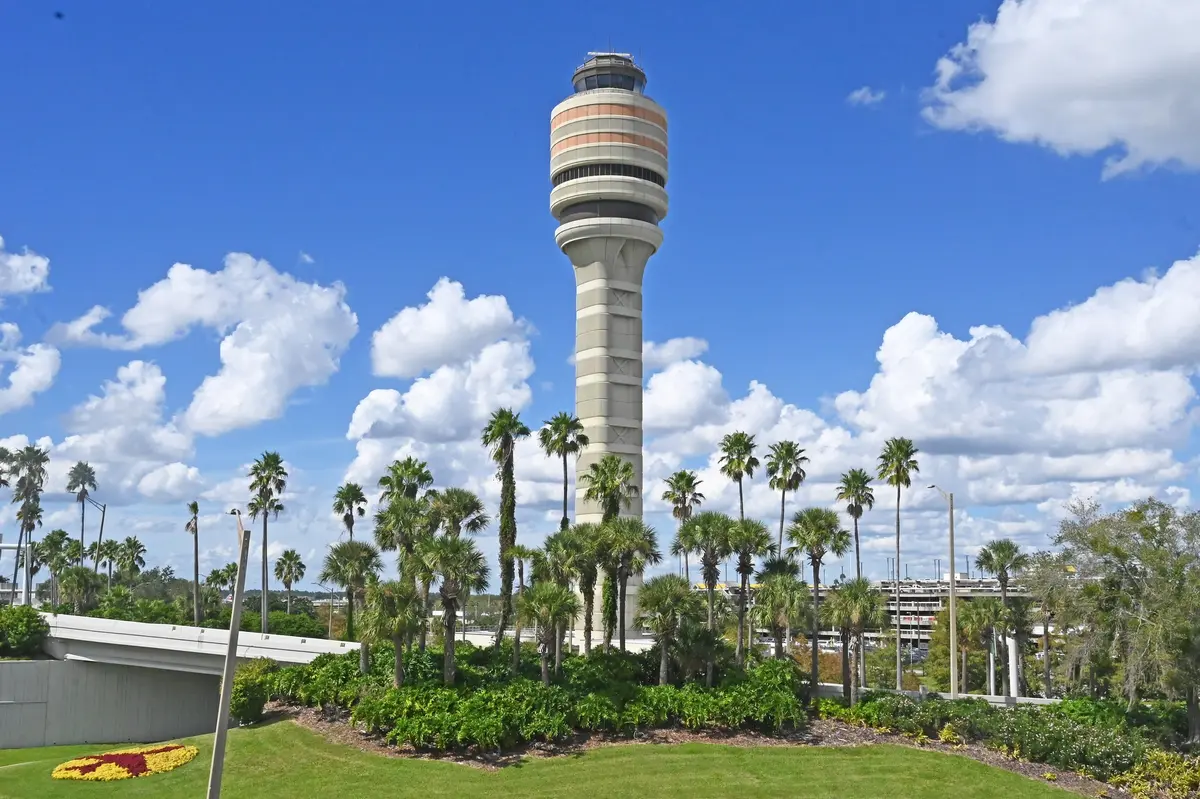
The Federal Aviation Administration (FAA) is prepared to cut thousands of flights across the United States due to the ongoing government shutdown. Out of the 40 impacted airports, at least four are major hubs for cruise passengers.
The restrictions will go into effect on Friday morning and are a proactive measure based on flight data and growing staffing pressures, as over 11,000 air traffic controllers and countless TSA agents continue to work without pay.
The flight reductions could create a ripple effect for cruisers, especially flying into airports like Miami (MIA), Fort Lauderdale (FLL), Orlando (MCO), and Tampa (TPA), potentially disrupting travel plans and causing guests to miss their ship's departure.
Airlines have already begun issuing warnings, urging passengers to check their flight status, arrive early, and prepare for delays or cancellations.
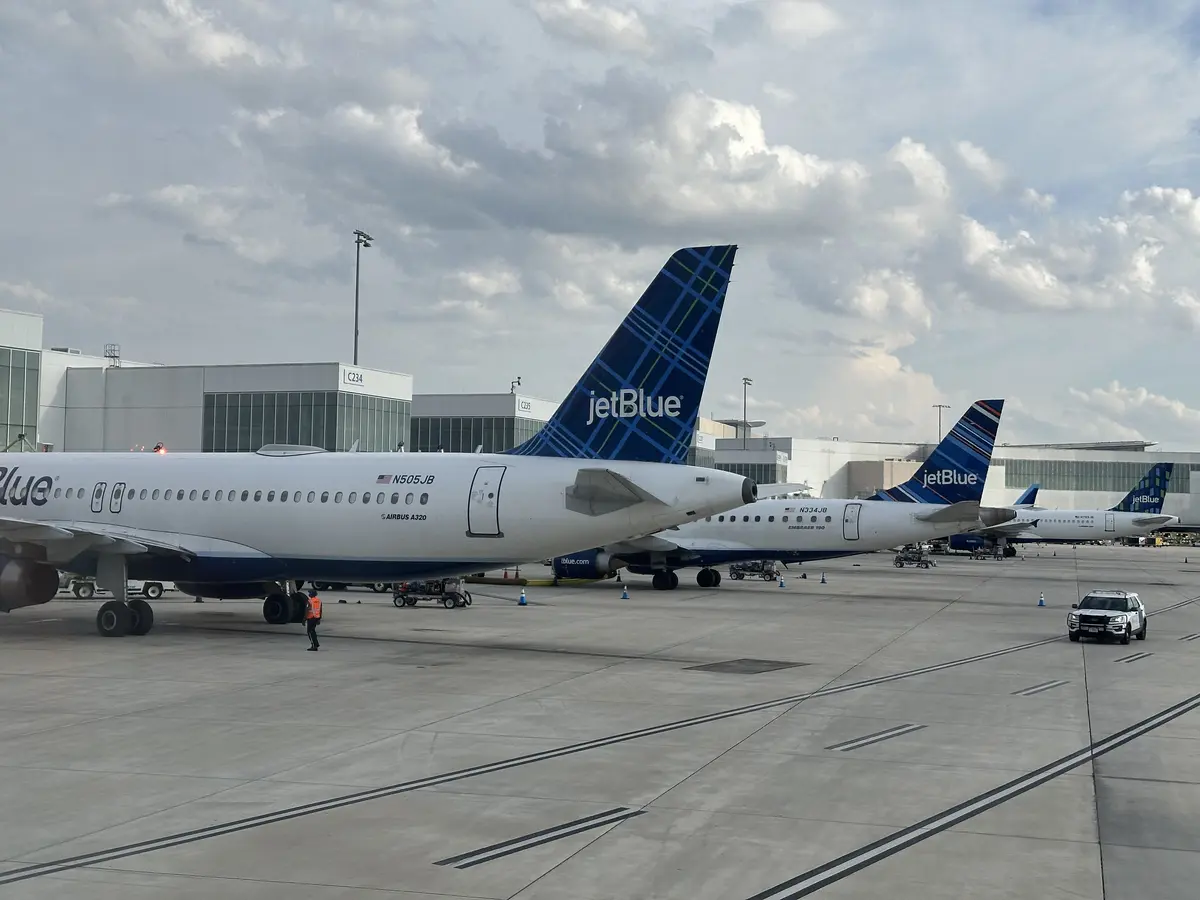
"Due to the ongoing government shutdown and air traffic control staffing shortages, the FAA directed airlines to reduce flight schedules starting Friday, Nov. 7," reads a travel alert on American Airlines' website.
"If your flight is impacted, we will let you know. We're committed to keeping our customers informed and have issued a travel waiver so you can change your trip online or in the American app."
Other major U.S. carriers, including Delta Air Lines, United, and Southwest, have issued similar warnings.
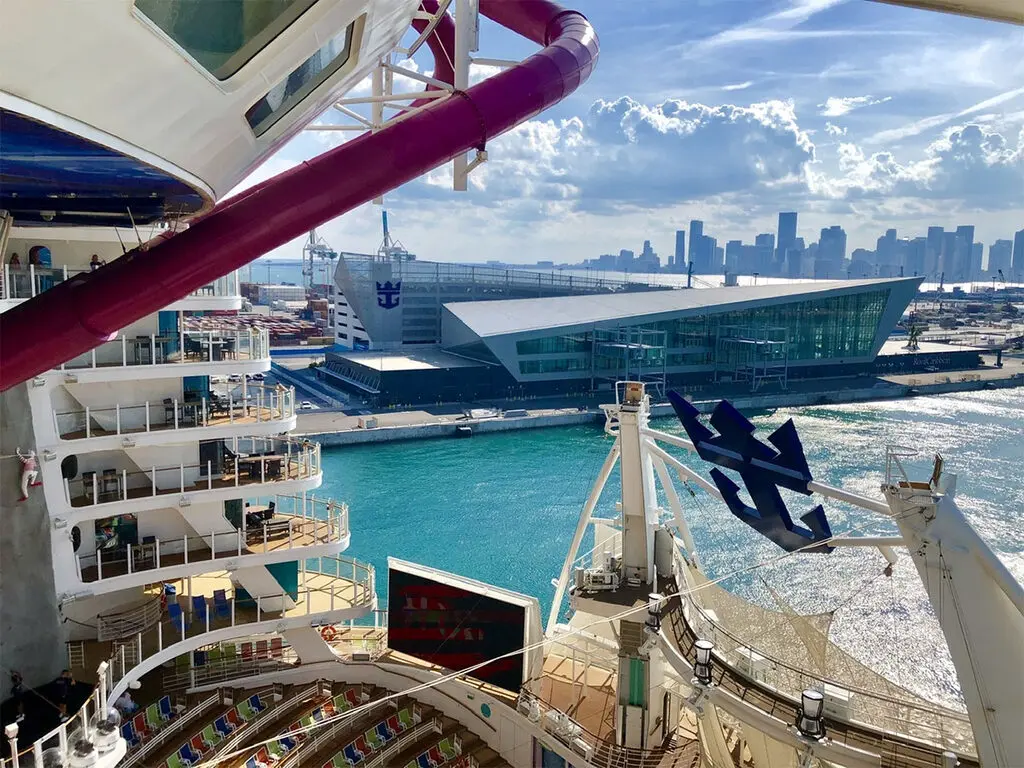
Many have said that hub-to-hub routes won't be as heavily impacted. However, regional flights may see more dramatic service cuts.
Other major airports on the FAA's list include Houston Hobby (HOU) and George Bush Houston Intercontinental (IAH), serving Galveston; New York LaGuardia (LGA), Newark Liberty International (EWR), and New York John F Kennedy International (JFK), serving Cape Liberty (Bayonne) and New York; and Los Angeles International (LAX), serving Long Beach.
More important than ever to arrive early and create a backup plan
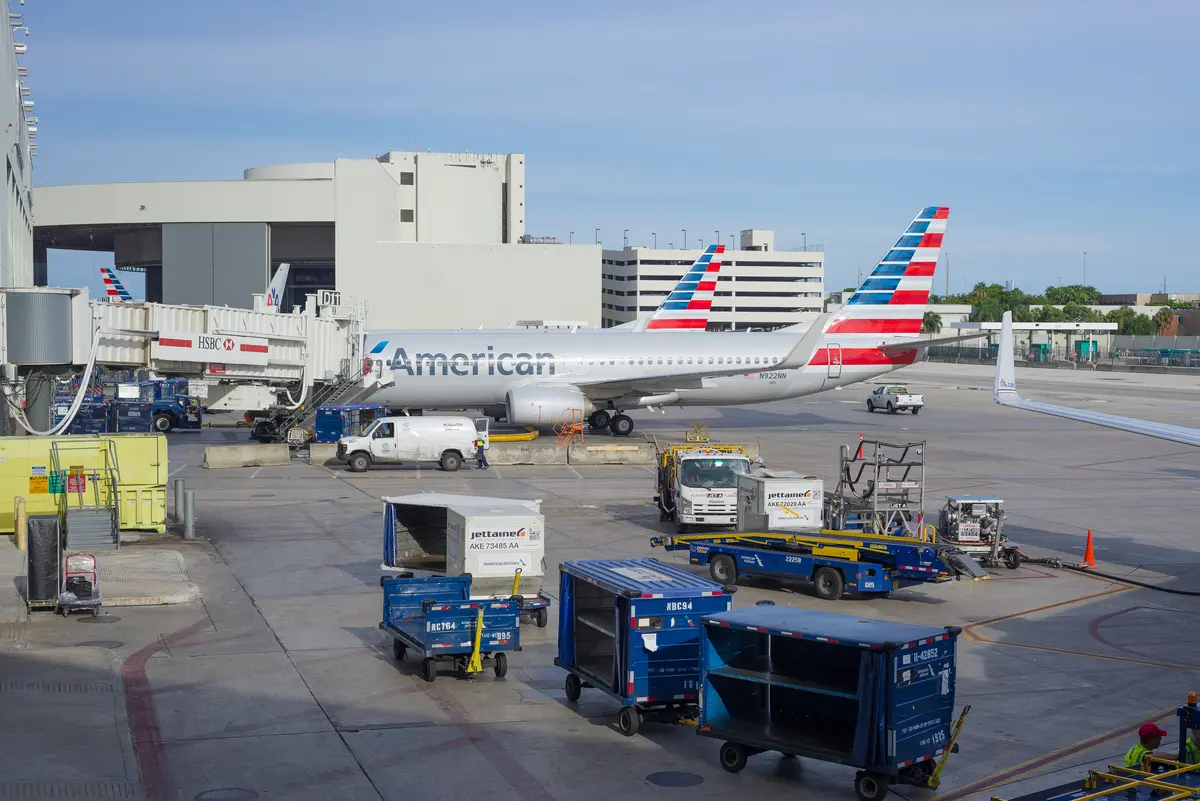
Cruise veterans and travel experts advise against flying into your embarkation city the morning of departure. Even on a good day, there's always the risk of a last-minute delay or cancellation.
However, with the FAA planning to reduce flight capacity by 10% at 40 major airports, it's more important than ever to build extra buffer time into your travel plans.
One cruiser on Reddit shared that they moved their flights from Friday to Thursday for a Saturday departure.
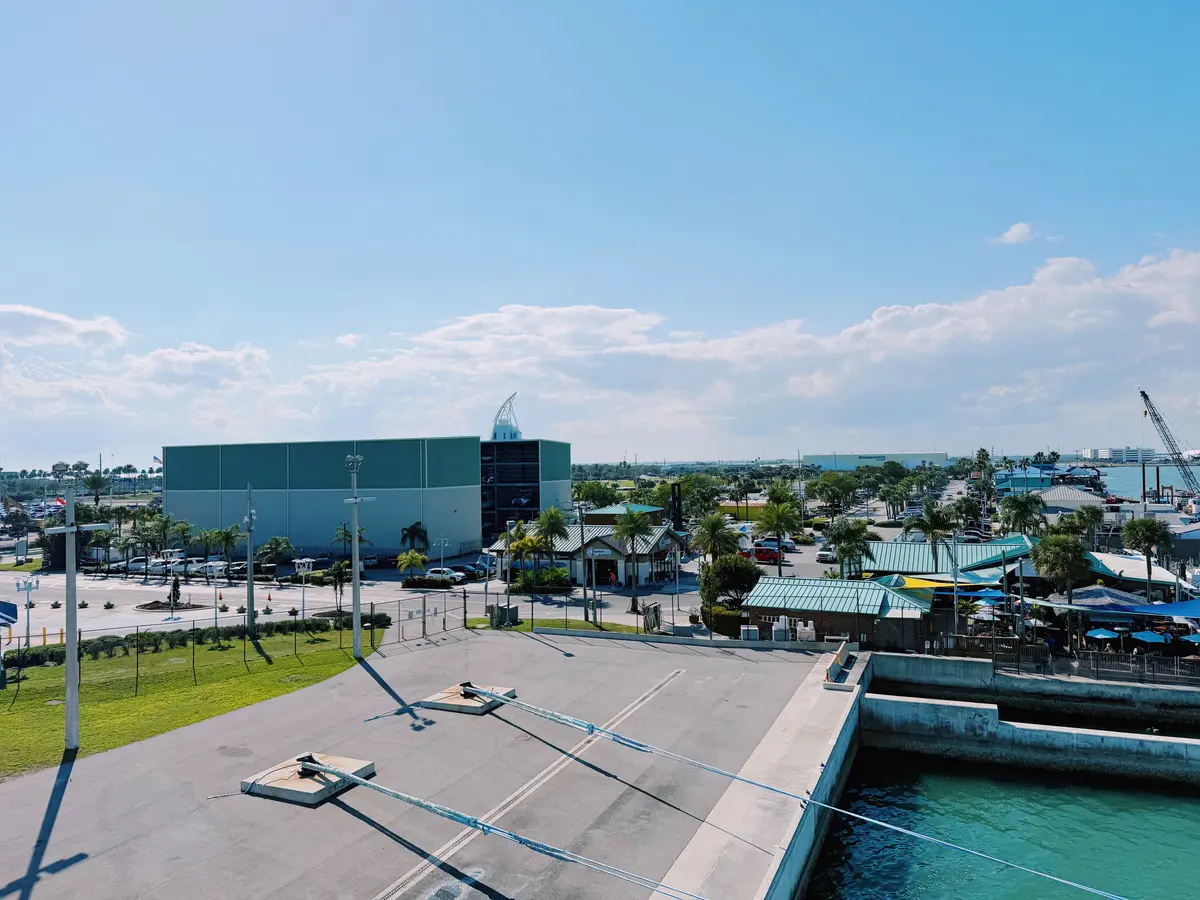
"We also booked a flight for earlier in the day...that will [hopefully] be less likely to get messed up. We also were able to add Thursday night to our hotel reservation," they added.
Others have suggested that, if all else fails, driving could be a reliable, albeit inconvenient, backup plan.
"We went on freedom of the seas two weeks ago and I told everybody worst case scenario if these flights get canceled we’re getting a rental car and its that simple," wrote one person on Reddit.
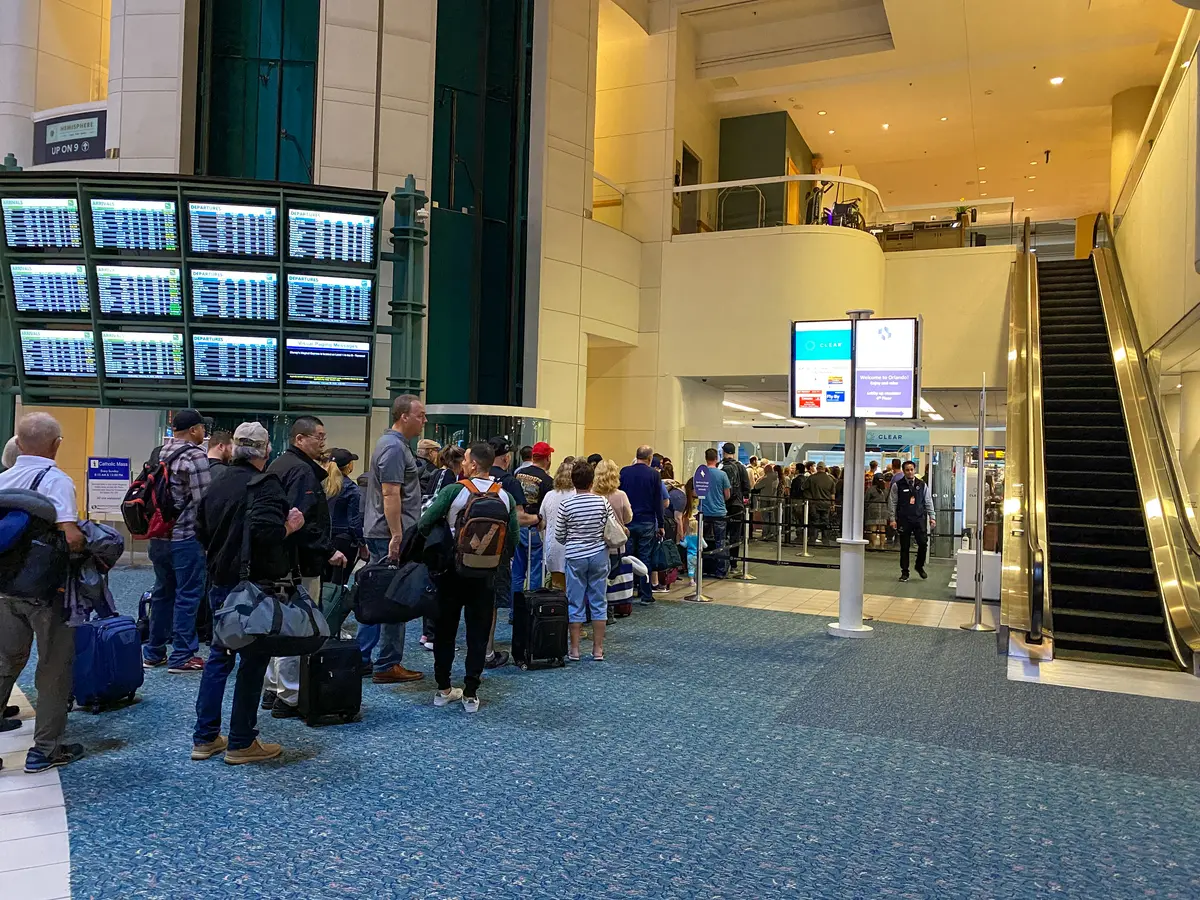
Another added, "It’s inconvenient, but finding a Buccees along the way will make it an adventure."
What about travel insurance?
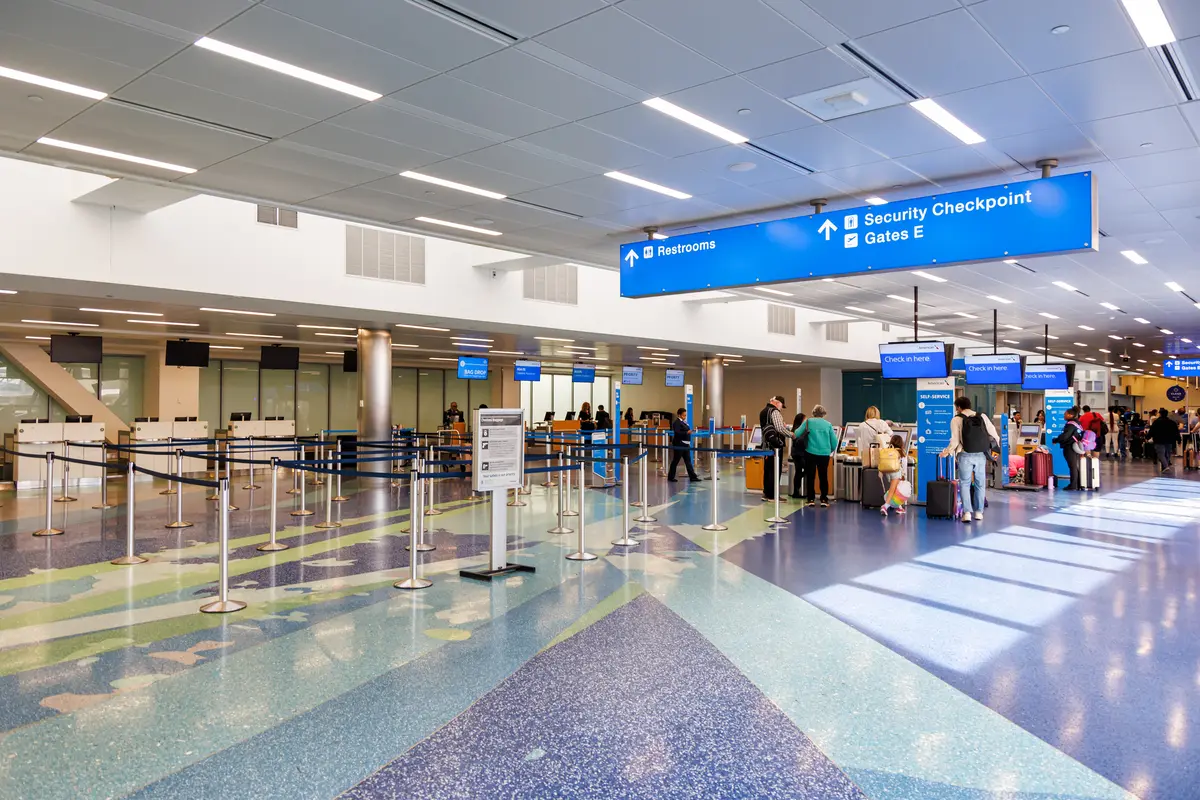
A good travel insurance policy will reimburse consumers for certain expenses incurred from trip disruptions, including flight cancellations, delays, and lost luggage.
However, as with any policy, there's a lot written into the fine print that ultimately determines what is and what isn't covered.
For instance, a travel insurance policyholder generally cannot file for a reimbursement if they choose to back out of their travel plans to avoid potential hiccups — unless they have a cancel-for-any-reason add-on.
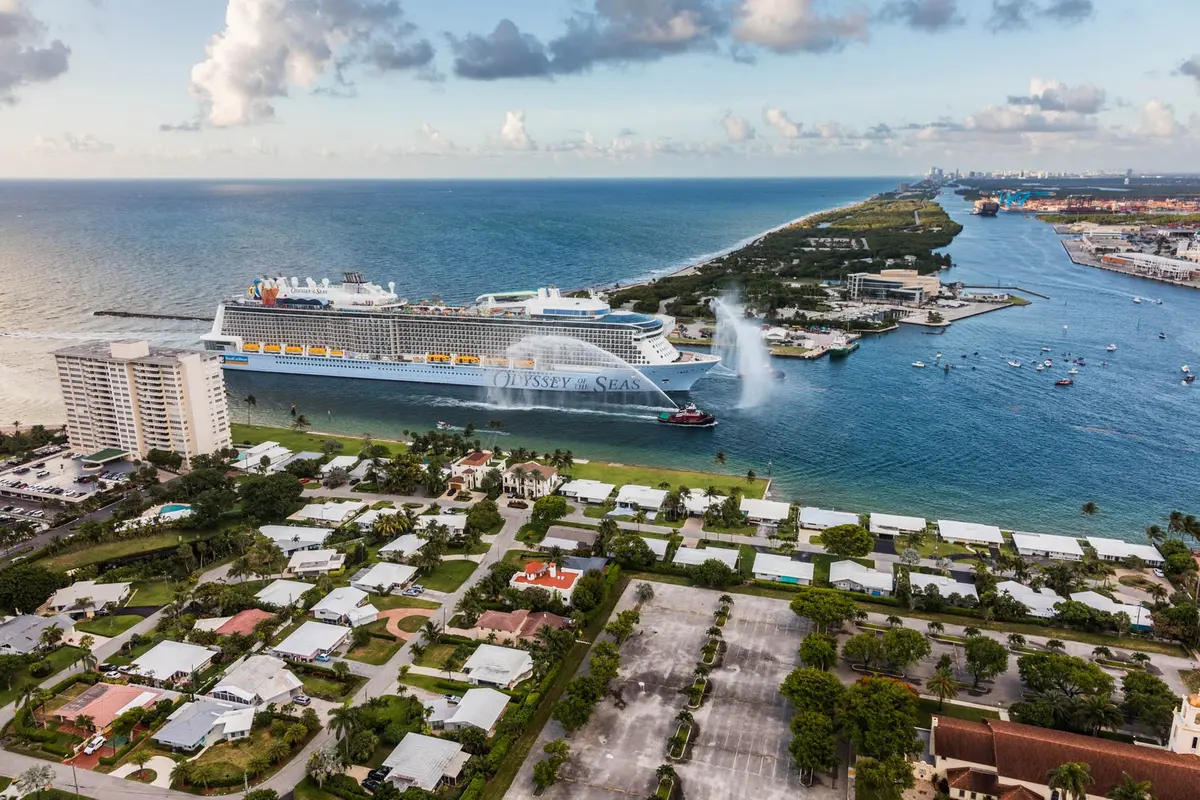
Even then, there are more caveats, and travelers must see whether they can get their money back for the airline flights and the cruise, should they choose to cancel because of the new FAA restrictions.


